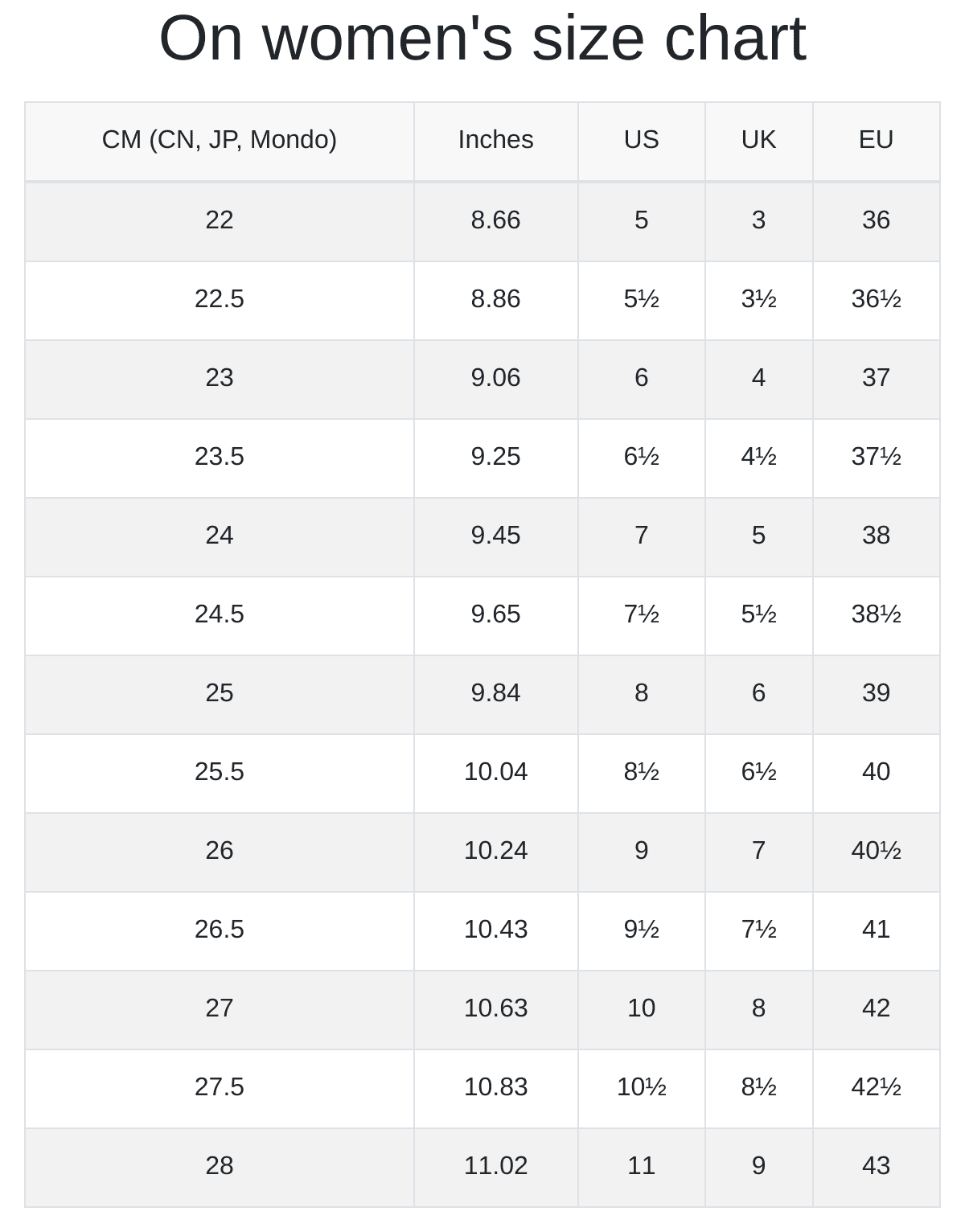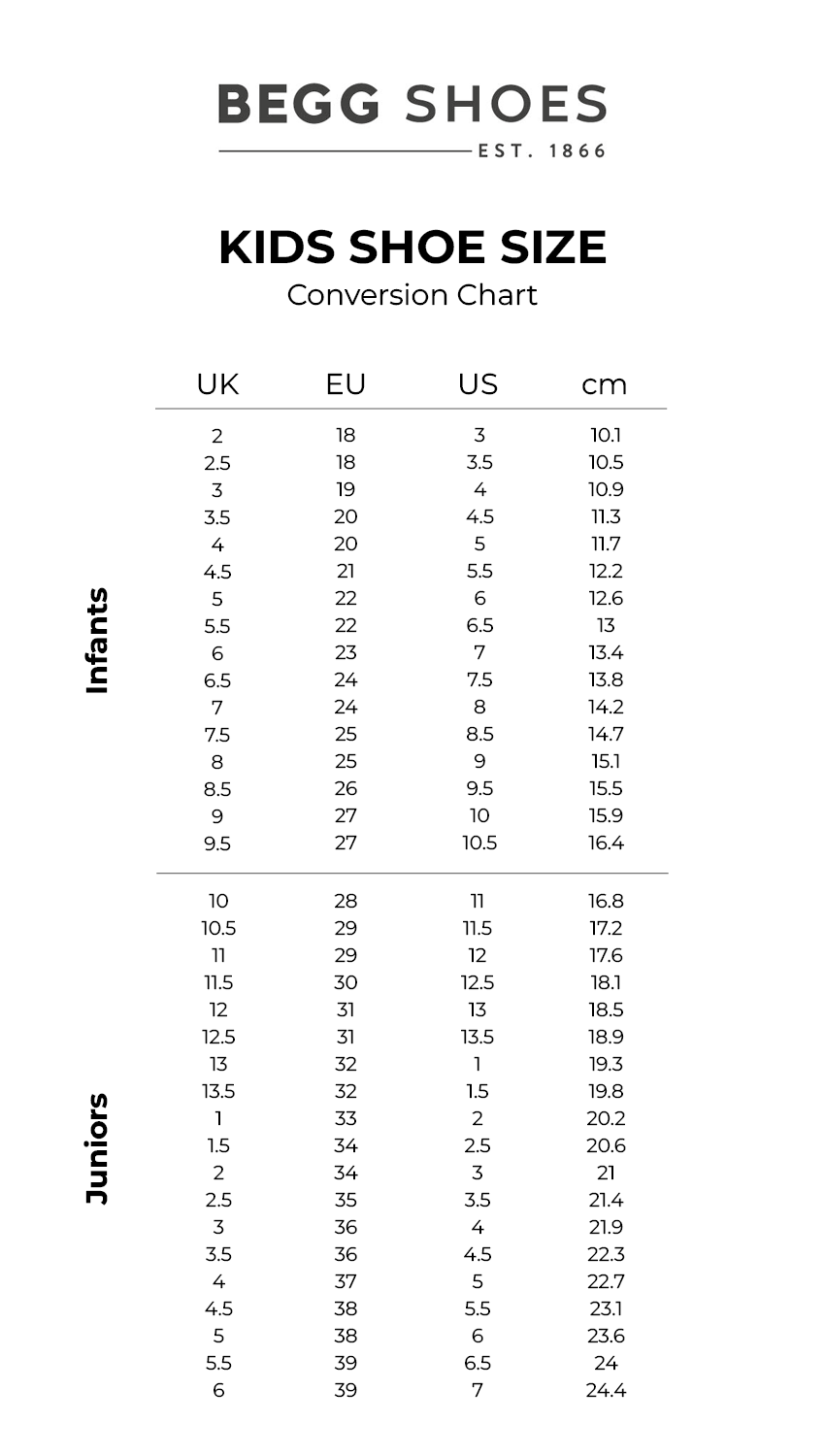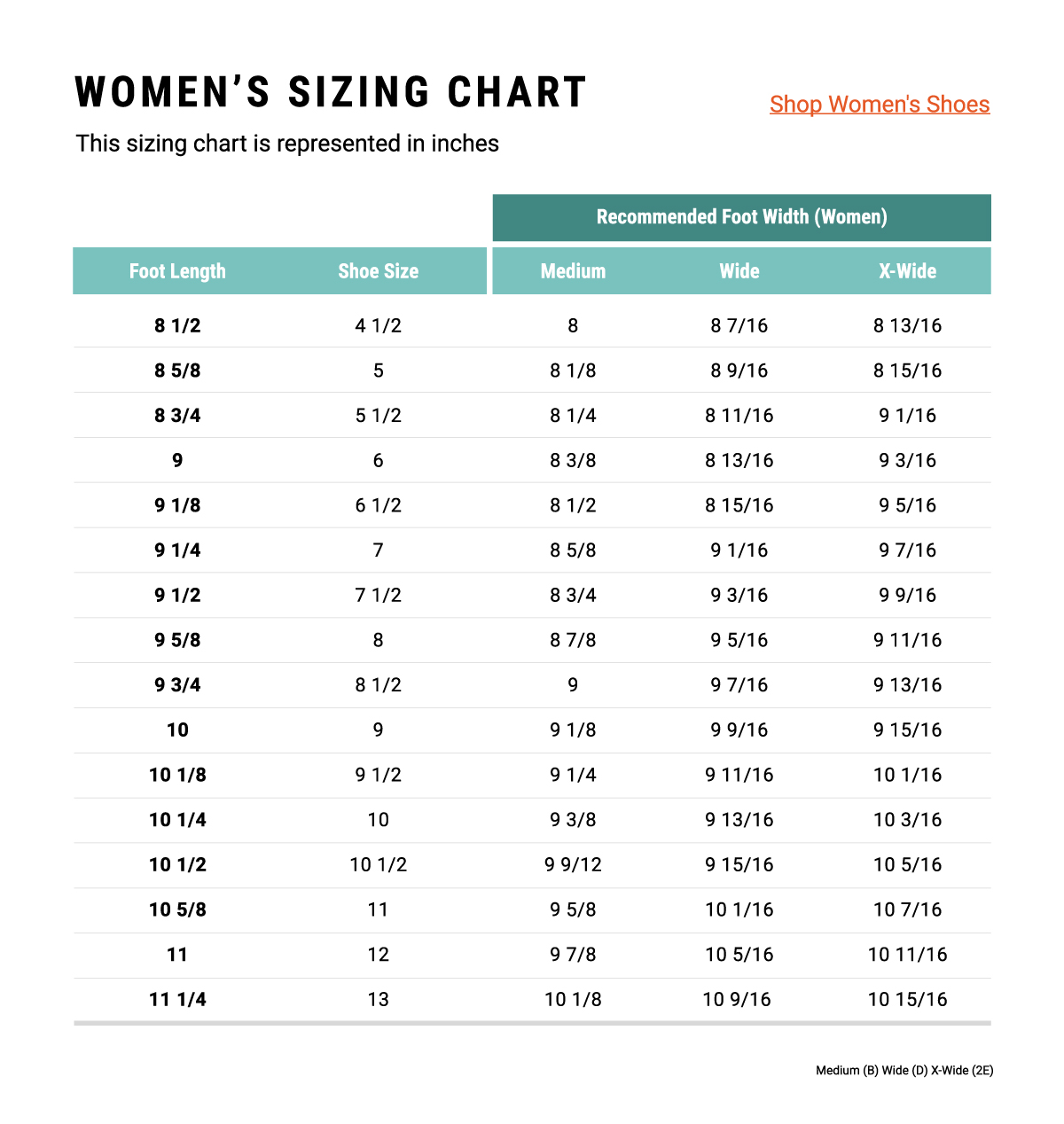Ultimate Shoes Size Chart Guide – Find Your Perfect Fit Every Time
Why a Shoes Size Chart Matters
Finding the right shoe size isn’t just about comfort—it’s about health, performance, and longevity of your footwear. A shoes size chart is a scientifically designed tool that translates foot measurements into standardized sizes across brands and regions. According to Harvard Medical School, ill-fitting shoes can lead to foot deformities, blisters, and even chronic pain. Whether you’re buying running shoes, dress shoes, or climbing gear, referencing a shoes size chart ensures precision. For instance, climbing legend Chris Sharma once emphasized, “The difference between success and injury on the wall often comes down to how well your shoes fit.” This isn’t just opinion; biomechanics research from Stanford University confirms that proper fit reduces strain on joints by up to 30%.

How to Measure Your Feet Correctly
Before consulting a shoes size chart, accurate foot measurements are crucial. Stand on a piece of paper, trace your foot, and measure the length from heel to toe. Width matters too—use a tailor’s tape around the widest part. The American Podiatric Association recommends doing this at night, as feet expand throughout the day. For parents, remember that children’s feet grow nearly two sizes per year until age 5, as noted in a Yale Pediatrics study. Avoid the common mistake of assuming your size is static; pregnancy, aging, and weight fluctuations can alter foot dimensions. Brands like Nike and Adidas provide digital tools, but nothing beats manual verification against a shoes size chart.

Decoding International Size Conversions
A US size 8 translates to EU 38, but variations exist. Japanese sizes, for example, follow centimeter measurements, while UK sizes run a half-size smaller than US counterparts. The shoes size chart below clarifies these nuances. As travel blogger Nomadic Matt warns, “Assuming consistency across borders is a recipe for blisters.” Luxury brands like Gucci often size differently than athletic brands—always check their specific charts. A 2023 survey by Runner’s World found that 68% of runners wear the wrong size due to ignoring conversions. Don’t guess; cross-reference.

Specialty Footwear: When Standard Charts Don’t Apply
Mountaineering boots, ballet flats, and orthopedic shoes defy generic shoes size charts. AKU Mountaineering, for instance, adds a “toe box index” for alpine terrain. Similarly, ballerinas often size down for tighter pointe shoe fits. Dr. Andrew Goldberg of the Royal National Orthopaedic Hospital advises, “Therapeutic footwear requires millimeter-level precision—generic charts are starting points, not solutions.” Brands like Hoka and Altra publish modified charts for wide or narrow feet. Always prioritize function over vanity sizing.

Final Thoughts: Your Blueprint for Footwear Success
A shoes size chart is your ally against discomfort and wasted money. From Olympic athletes to toddlers taking first steps, the right fit transforms experience. Bookmark this guide, measure biannually, and never settle for “close enough.” Your feet—and wallet—will thank you.
